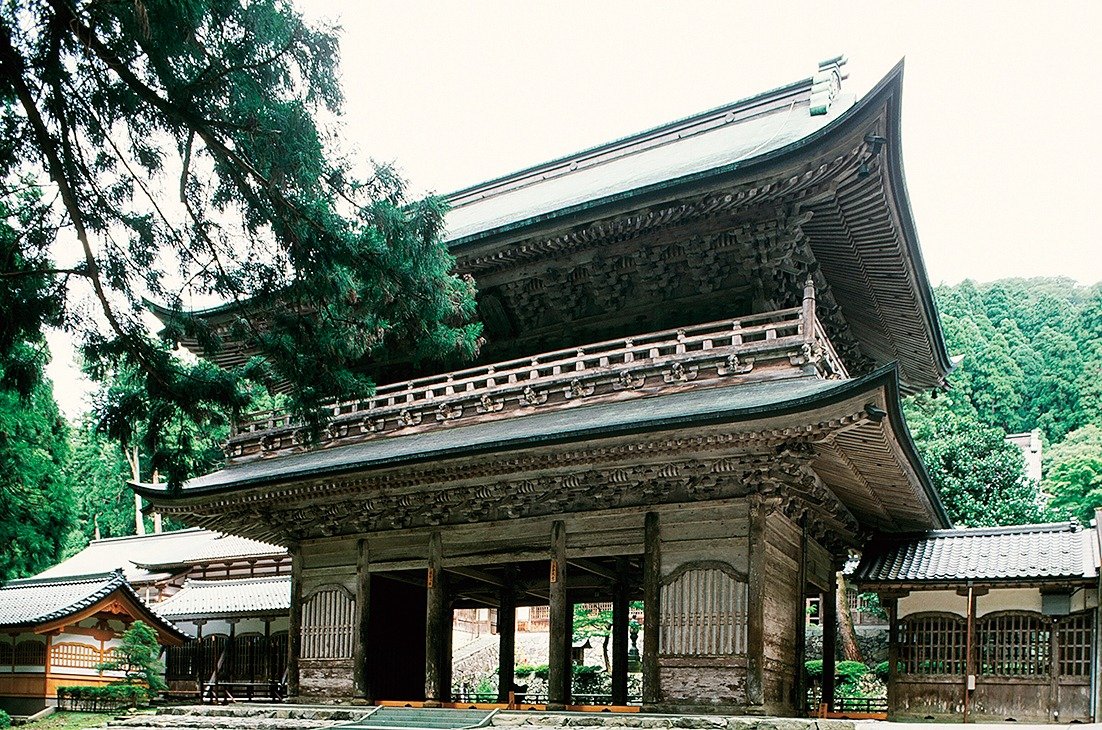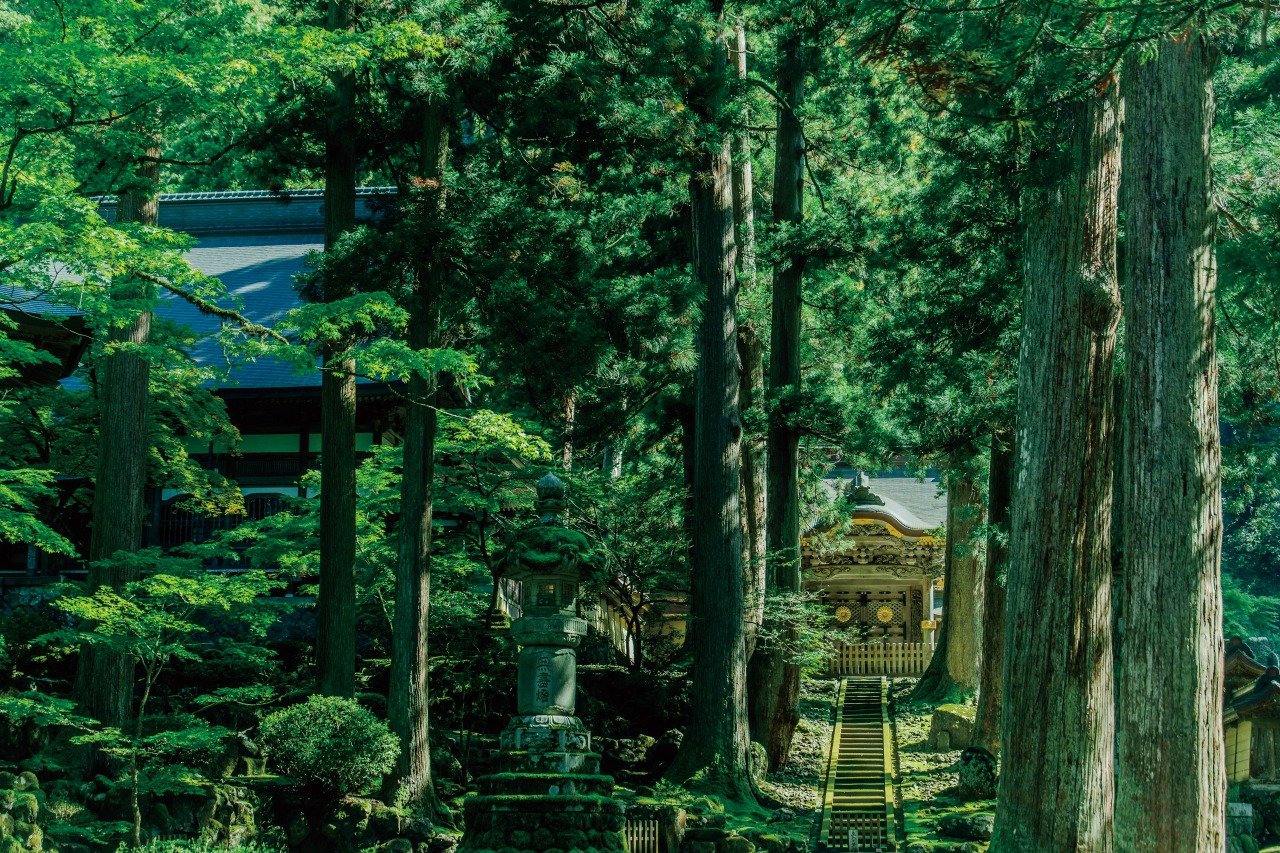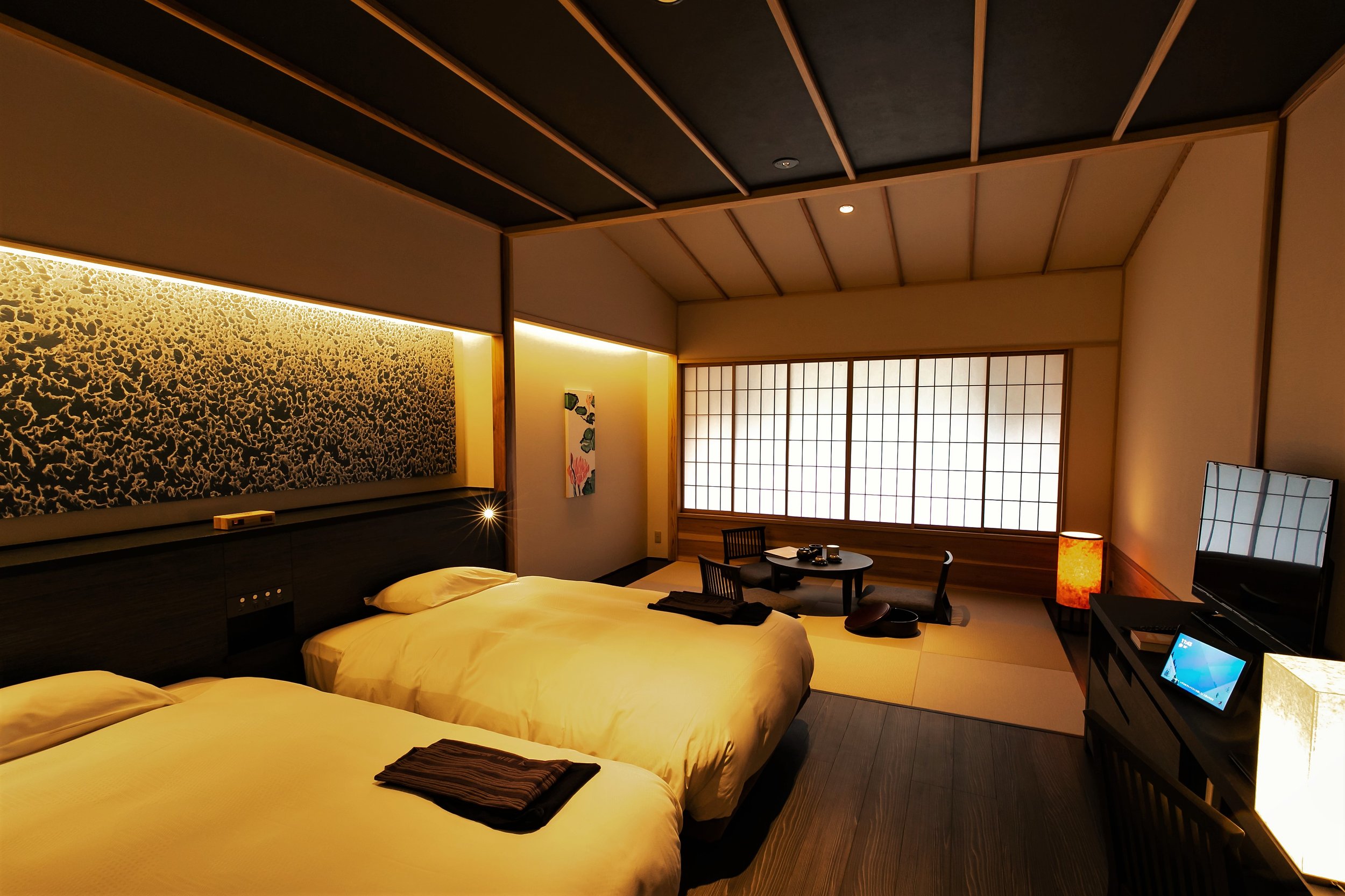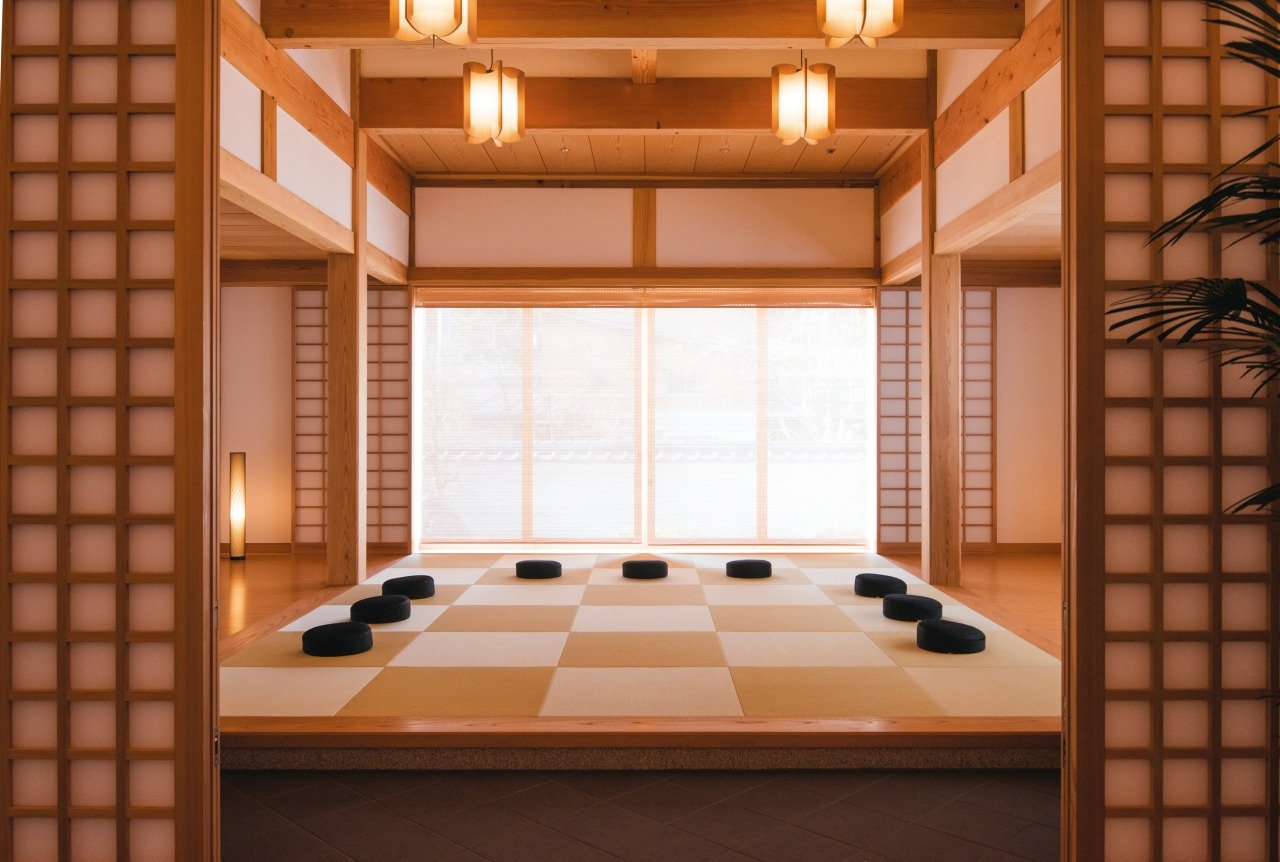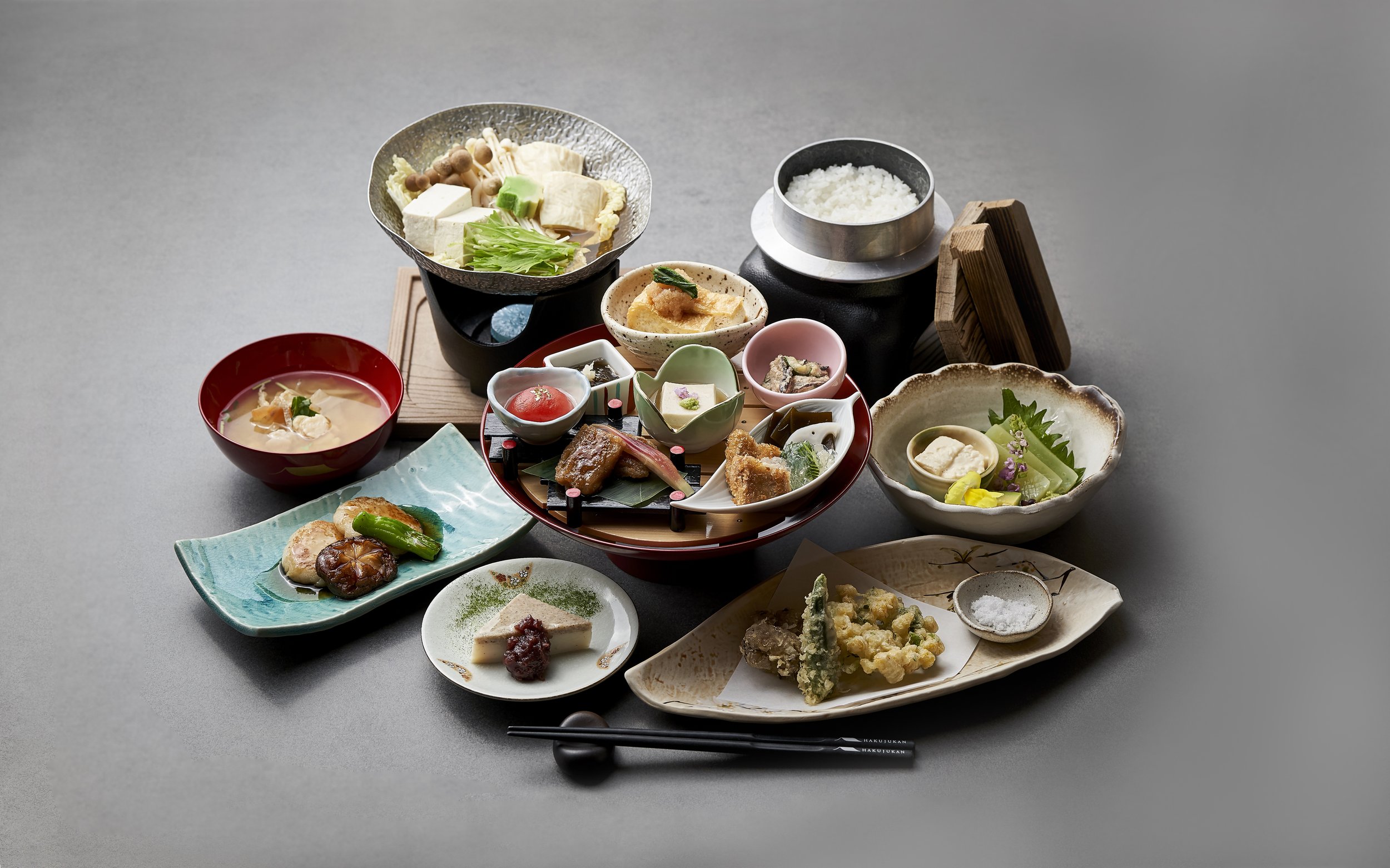Training the Zen Spirit in Fukui
Deepen your joy and appreciation for life
Soto Zen Teachings
Every once in a while it’s good to slow down and take stock of the ways we choose to interact with our day-to-day world. Caught up in the busyness of our lives, chasing after our desires, it’s easy to lose sight of the precious gift that each day is. By taking a moment to realign ourselves with what’s right and true, we can remove ourselves from that cycle of suffering.
Taking joy in being of service to others, feeling gratitude for one’s blessings, reflecting on one’s actions, and cherishing one’s own life as well as the lives of all other sentient beings—these are just a few of the teachings of Zen Master Dogen, who founded the Soto school of Zen Buddhism in Japan and established Eiheiji Temple in what is now Fukui Prefecture in 1244.
Over the centuries since, people from across Japan have come to Eiheiji to devote themselves to rigorous training. Today, more than 100 trainees and monks live within this temple’s walls, practicing the art of mindfulness in every daily task from dawn to dusk.
We have a splendid opportunity to learn from these Zen practitioners right on the temple grounds, immersing ourselves for a short while in teachings that we can carry with us as we journey onward.
Sitting Zazen at Eiheiji, a Head Temple of the Soto School
One of two head temples of the Soto school of Zen Buddhism in Japan, Eiheiji is located in the heart of northern Fukui Prefecture, an area of Japan that is far from the crowds, in a place where time itself seems to move more slowly.
Within this remote location the temple stands nestled amid the forested hills around Mt. Daibutsuji. Its very seclusion promotes the wholehearted practice of Zen. Monk trainees at Eiheiji engage in daily practice centered on living each moment fully, in a spirit of gratitude and joy. In their world, every activity of one’s day—greeting others, cleaning, cooking, eating, washing one’s face, bathing, even using the toilet—is considered an opportunity to practice the tenets of Zen.
In this rarefied setting we have the wonderful opportunity to engage in Zazen, learning directly from monks for whom this sitting meditation is the first and last practice performed each day. The mindfulness cultivated through Zazen is the basis of their training. After a brief introduction, your sitting meditation session will last 30 to 40 minutes.
To sit Zazen well, one must abandon any goals or intentions. Simply sit quietly, adjust the body’s posture, and connect with the breath. As thoughts and desires arise in the mind, note them and let them move on, like so many clouds in the sky. By practicing non-attachment in this way, we can train ourselves to deal with the inevitable vicissitudes of life from a more grounded place of patience, love, and equanimity.
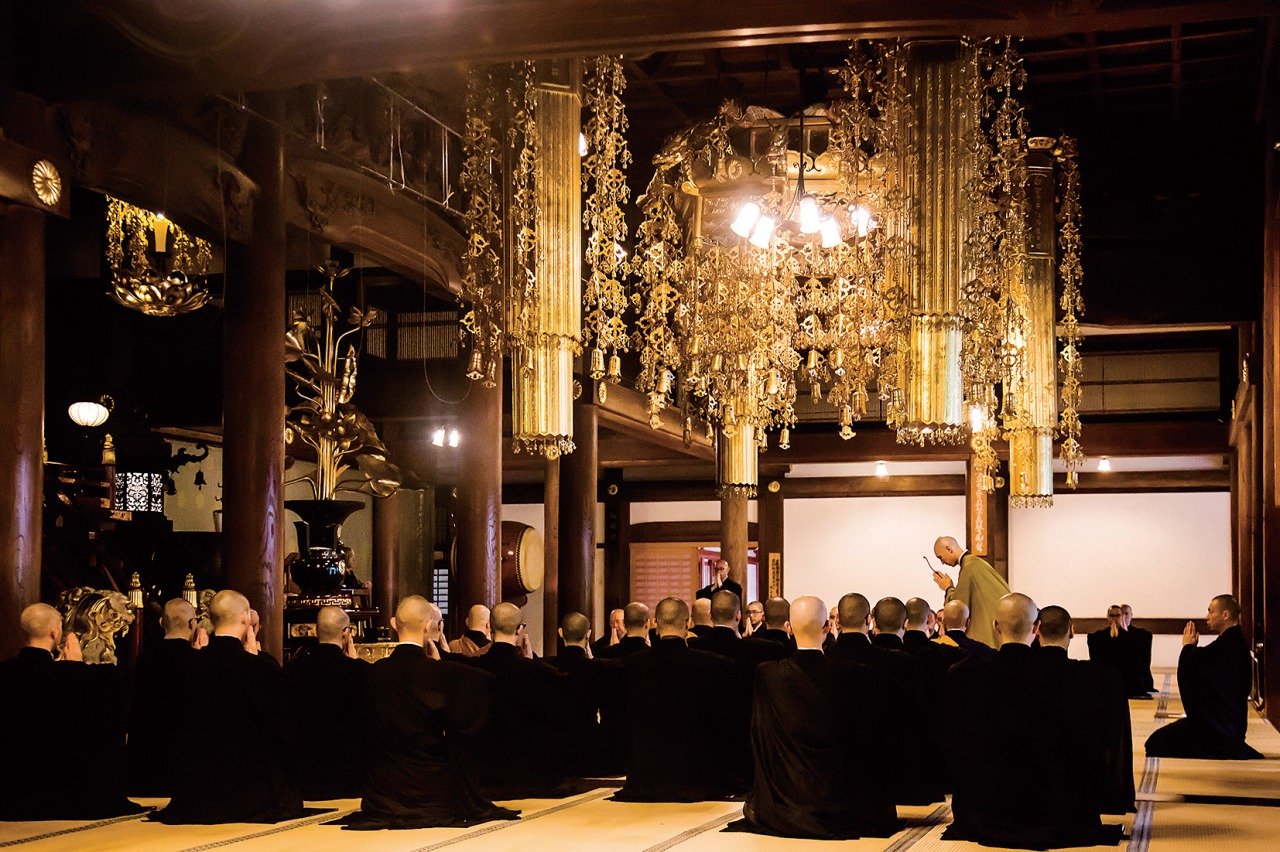
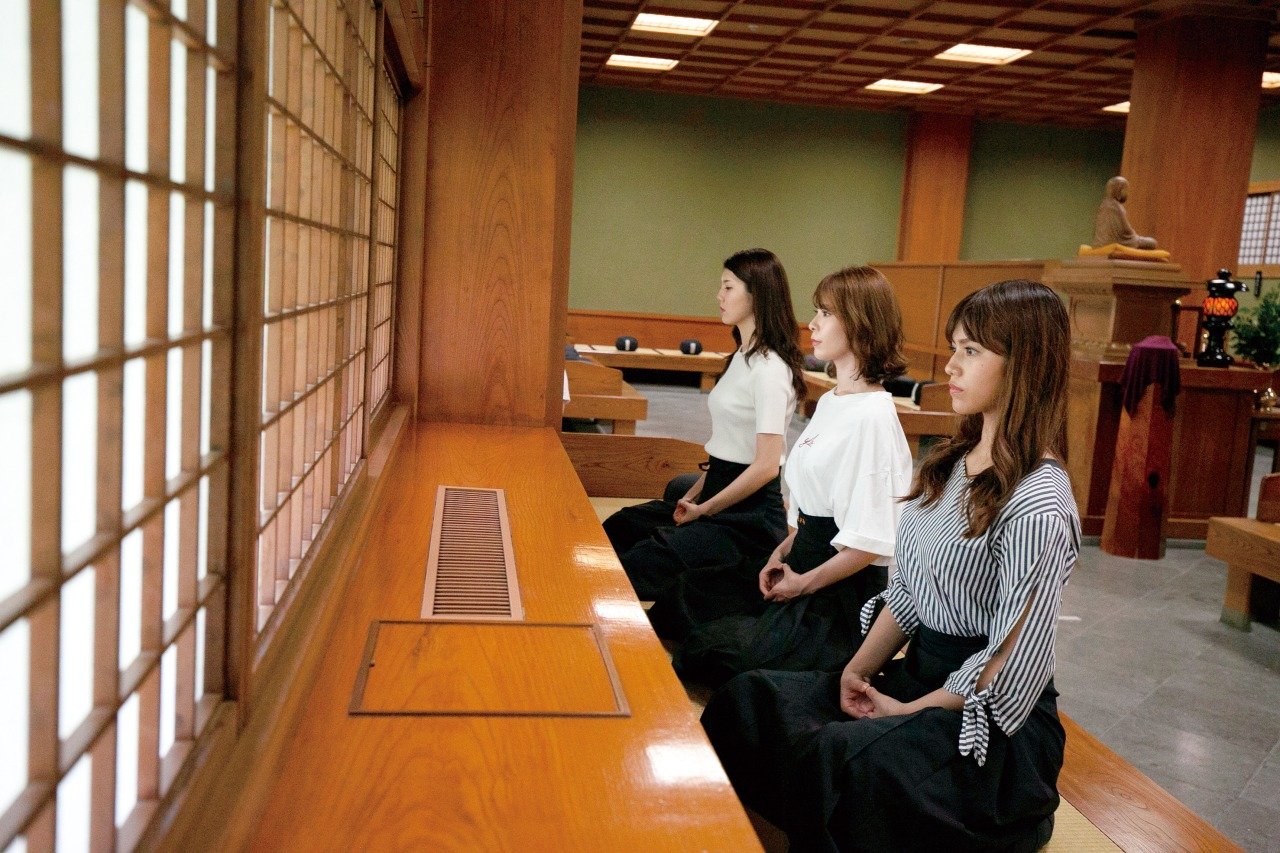
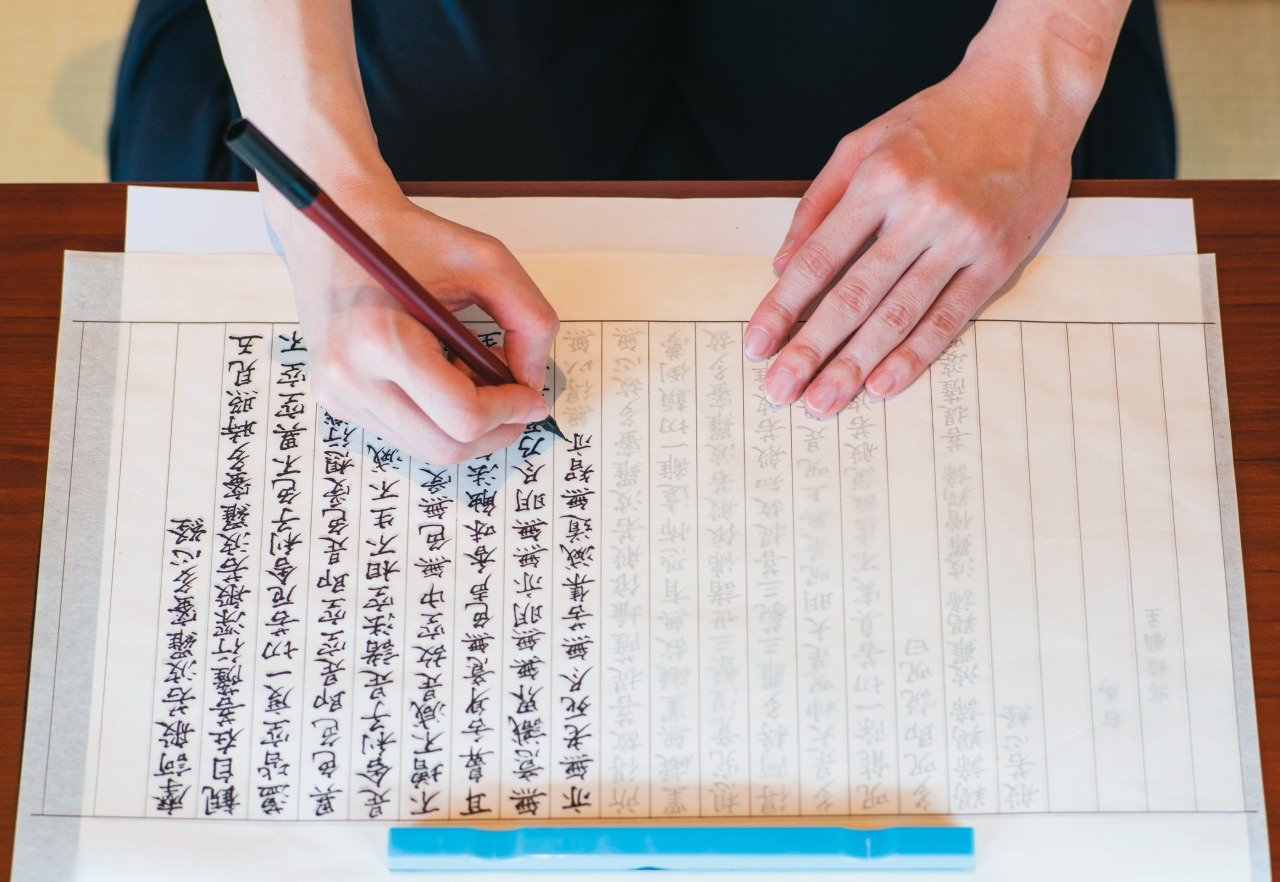
When visiting Eiheiji it is our recommendation to stay right outside the temple gates in Hakujukan, a contemporary inn whose team of Zen concierges have all trained at the temple themselves. The inn’s proximity to the temple makes it easy to attend the early-morning Buddhist service, when some 100 monks and monks-in-training gather to chant the Heart Sutra and other teachings. Those who wish to do so are welcome to participate in, or simply observe, this powerful event.
A visit to this remote mountain setting to experience Zen teachings that have been handed down over centuries can enrich our lives in ways that outlast the memory of travel alone.
Accommodations: Hakujukan
One of two head temples of the Soto school of Zen Buddhism in Japan, Eiheiji is located in the heart of northern Fukui Prefecture, an area of Japan that is far from the crowds, in a place where time itself seems to move more slowly.
Located just outside the gates of Eiheiji Temple, Hakujukan was established to make Zen practice more accessible to all
Hakujukan is a contemporary ryokan-style inn where guests can enjoy authentic vegetarian Buddhist cuisine and engage in Zazen and other meditative practices in a setting that provides the customary services and comforts of a luxury hotel. Zen concierges at Hakujukan facilitate guests’ participation in all Zen programs, whether conducted at Eiheiji or at the hotel. Soaking in the open-air baths and savoring local Echizen sakes with dinner are other highlights of a stay here.
Sample Itinerary (2 days / 1 night)
Zen and Local Crafts Tour
Discover the sights, tastes, and craft traditions of a prefecture that sits in the very center of Japan’s main island, facing the Sea of Japan. A two-day itinerary showcasing the natural scenery, history, cuisine, and handicraft heritage of Fukui might look like this:
DAY 1
• 11:00 – Arrive in Fukui
• 12:00 – Enjoy a soba lunch at Riuzen
• 14:00 – Check in at Hakujukan
• 15:30 – Zazen session at Eiheiji Temple (60 minutes)
• 17:30 – Sutra-copying practice at Hakujukan (30 minutes)
• 19:00 – Enjoy a vegetarian dinner of Shojin-ryori Buddhist cuisine at the hotel
DAY 2
• 03:45 – Rise and shine
• 04:00 – Move to Eiheiji Temple
• 04:30 – Morning sutra chanting with monks (90 minutes)
• 07:30 – Enjoy breakfast at the hotel
• 09:30 – Check out and transfer to Katsuyama area (45 minutes)
• 10:30 – Visit Hakusan Heisenji Temple
• 11:15 – Transfer to Eshikoto (45 minutes)
• 12:00 – Enjoy lunch at acoya Eshikoto
• 13:00 – Sake tasting at Ishidaya Eshikoto
• 14:15 – Hands-on craft experience at Shitsurindo, a studio and shop for Echizen Shikki lacquerware (90 minutes)
• 16:00 – Shop for local crafts at SAVA!STORE in the Touristore complex
• 16:30 – Transfer to Fukui Station for train (30 minutes)
• Move to next destination
(A guide and hired car are included in this itinerary.)
A Trio of Echizen Crafts
Echizen is the historical provincial name associated with Fukui Prefecture. Crafts from this mountainous area are infused with the spirit of Zen: simple, understated, and beautifully wrought by hand, with great care for precision. Depending on your interests, hands-on workshops can be arranged for lacquerware, papermaking and blade production.
(Workshops are subject to availability and separate fees apply.)
ECHIZEN SHIKKI LACQUERWARE
Echizen lacquerware is made by carving or turning wood into the desired shape, then applying coats of lacquer and creating makie designs made of fine sprinkled gold and silver powders. Separate specialists handle each step of the process, working in tandem under a united wish to create something beautiful.
At Shitsurindo, a gallery and studio for lacquerware, observe craftspeople at work and hear about the labor-intensive process involved in transforming wood into durable items of beauty. Find your favorites from among the 1,000 items on offer, which range from pieces sought after by top chefs to those made for everyday use, both with and without makie designs.
ECHIZEN WASHI PAPERS
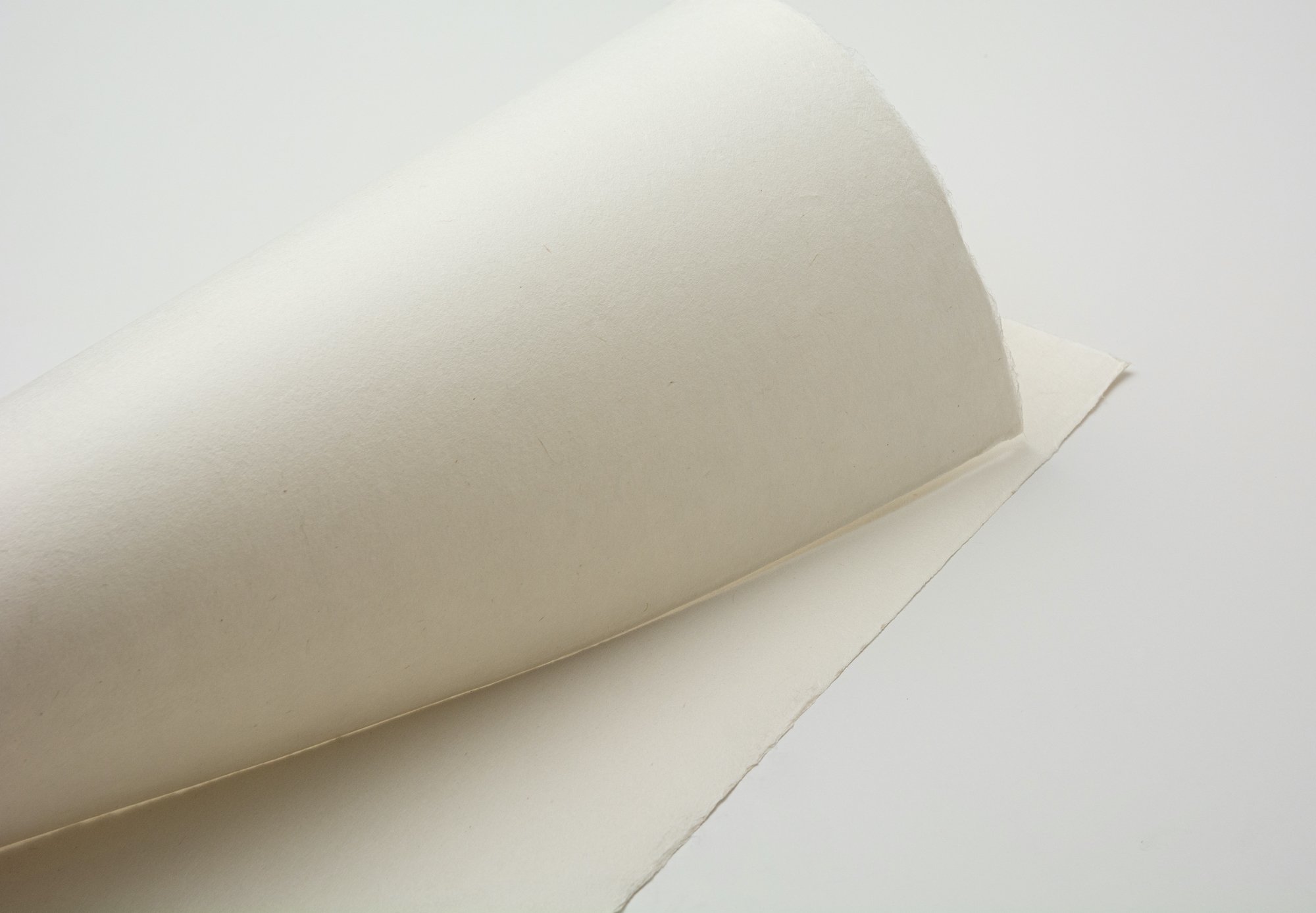
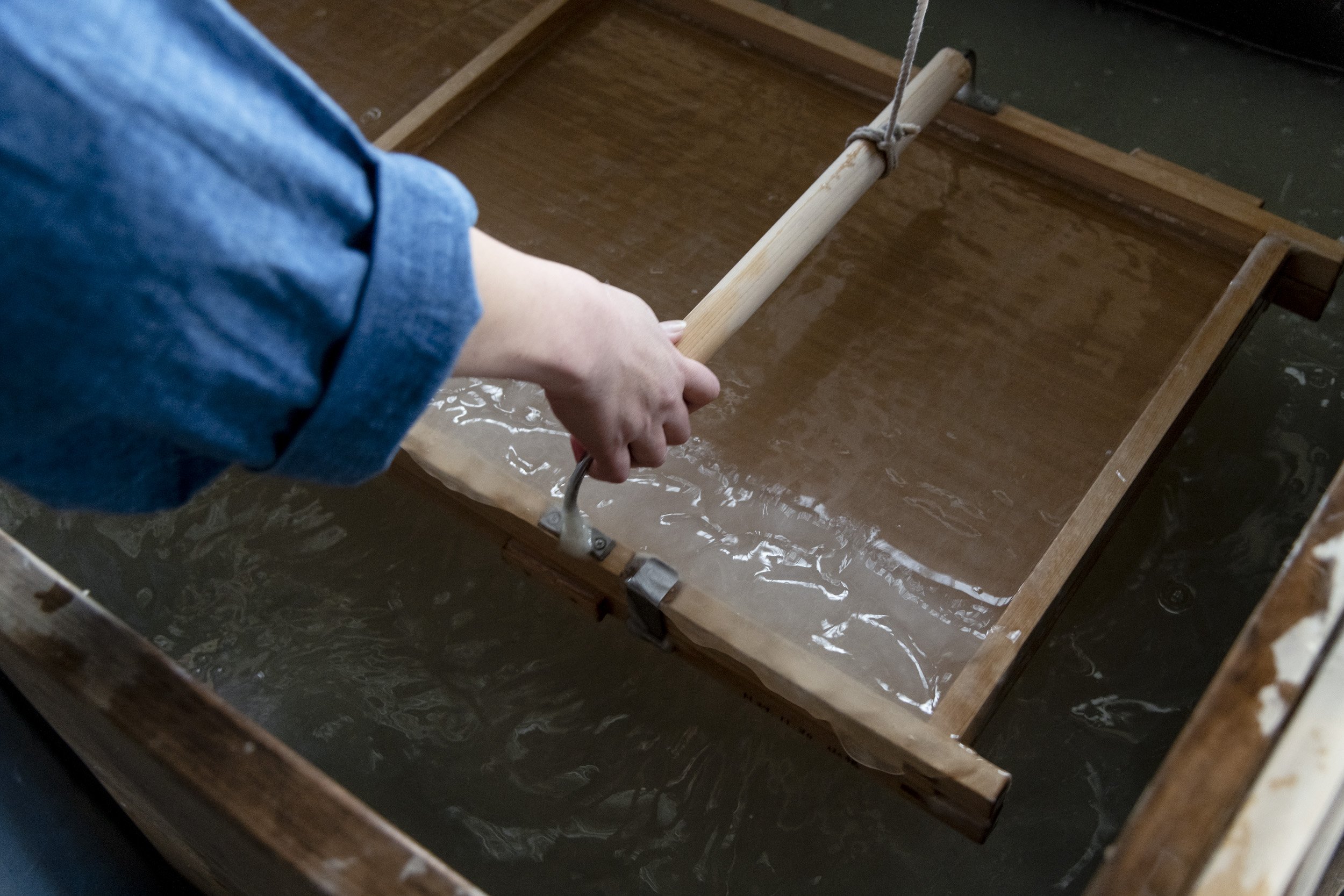
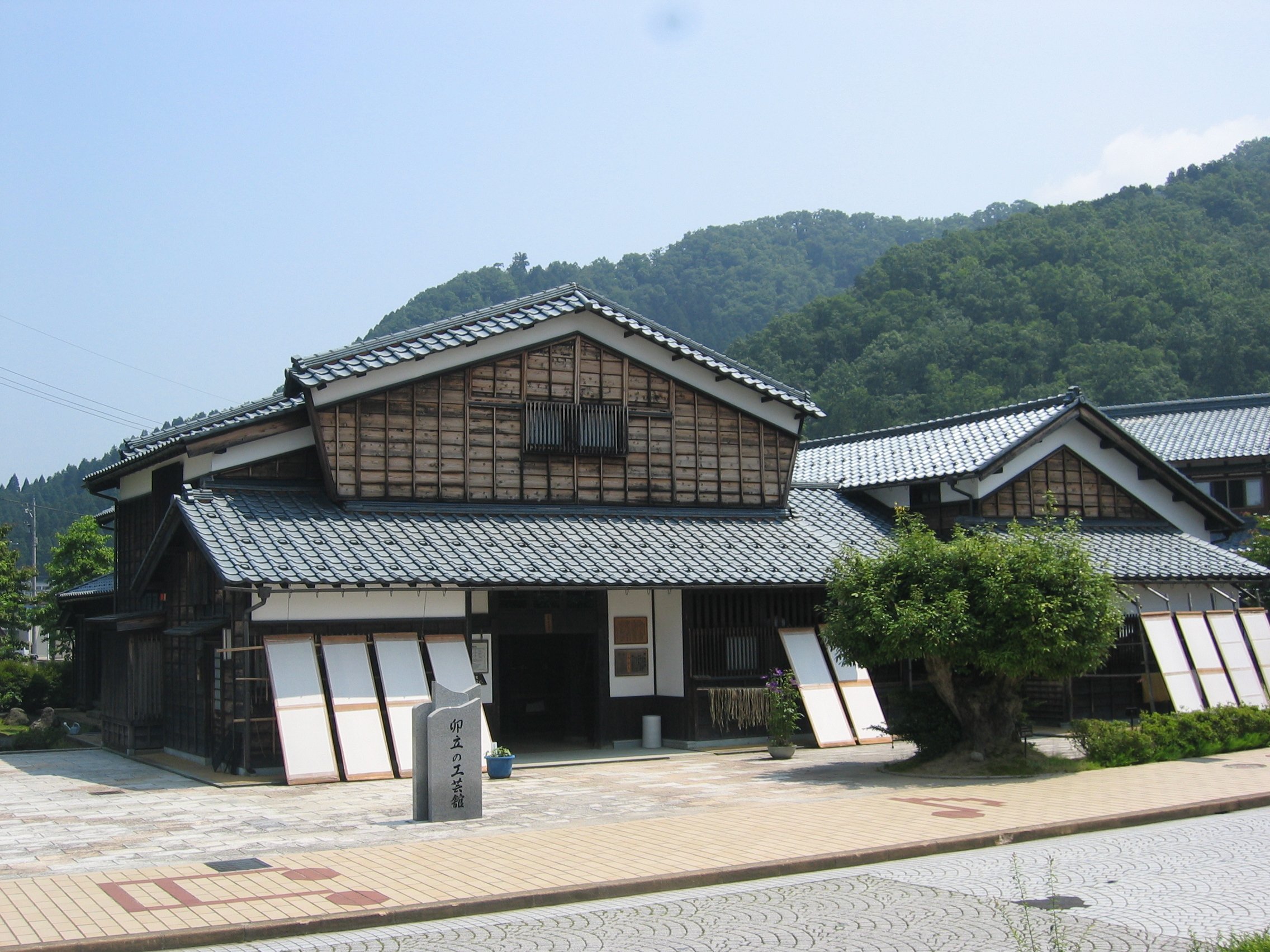
Natural-fiber papermaking enjoys a centuries-old history in Fukui. Two styles, Echizen-hosho and Echizen Torinokoshi, are designated Important Intangible Cultural Properties renowned for their fine quality and durability. Even artists like Rembrandt and Picasso fell under the spell of papers made in the Echizen tradition—a painstaking process that begins with cultivation and harvesting of the plant fibers. Today’s artisans draw on that legacy, making a variety of papers crafted from the inner bark of paper mulberry, gampi, and mitsumata plants.
Visit a papermaking studio to see firsthand how each sheet of paper is made, from the steaming and beating of the bast fibers to the preparation of the vat solution and the rhythmic motions of catching and spreading the fibers evenly across a woven screen. At an 18th-century workshop housed within the Udatsu Crafts Center you can try your own hand at making a large-sized sheet of this prized paper in a two-hour class, using the same vintage equipment as in olden days.
ECHIZEN BLADES
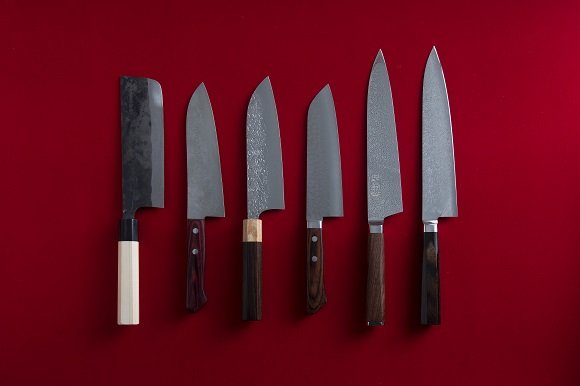
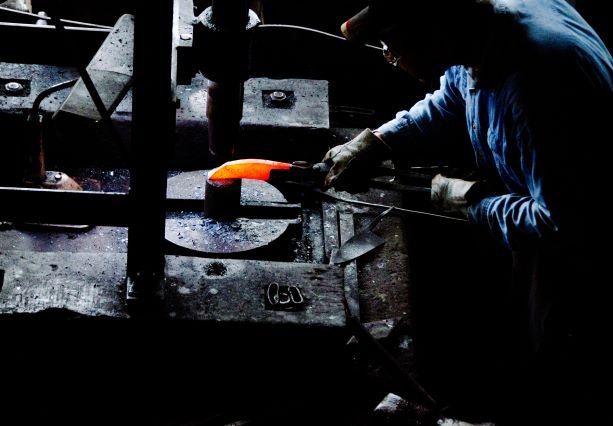
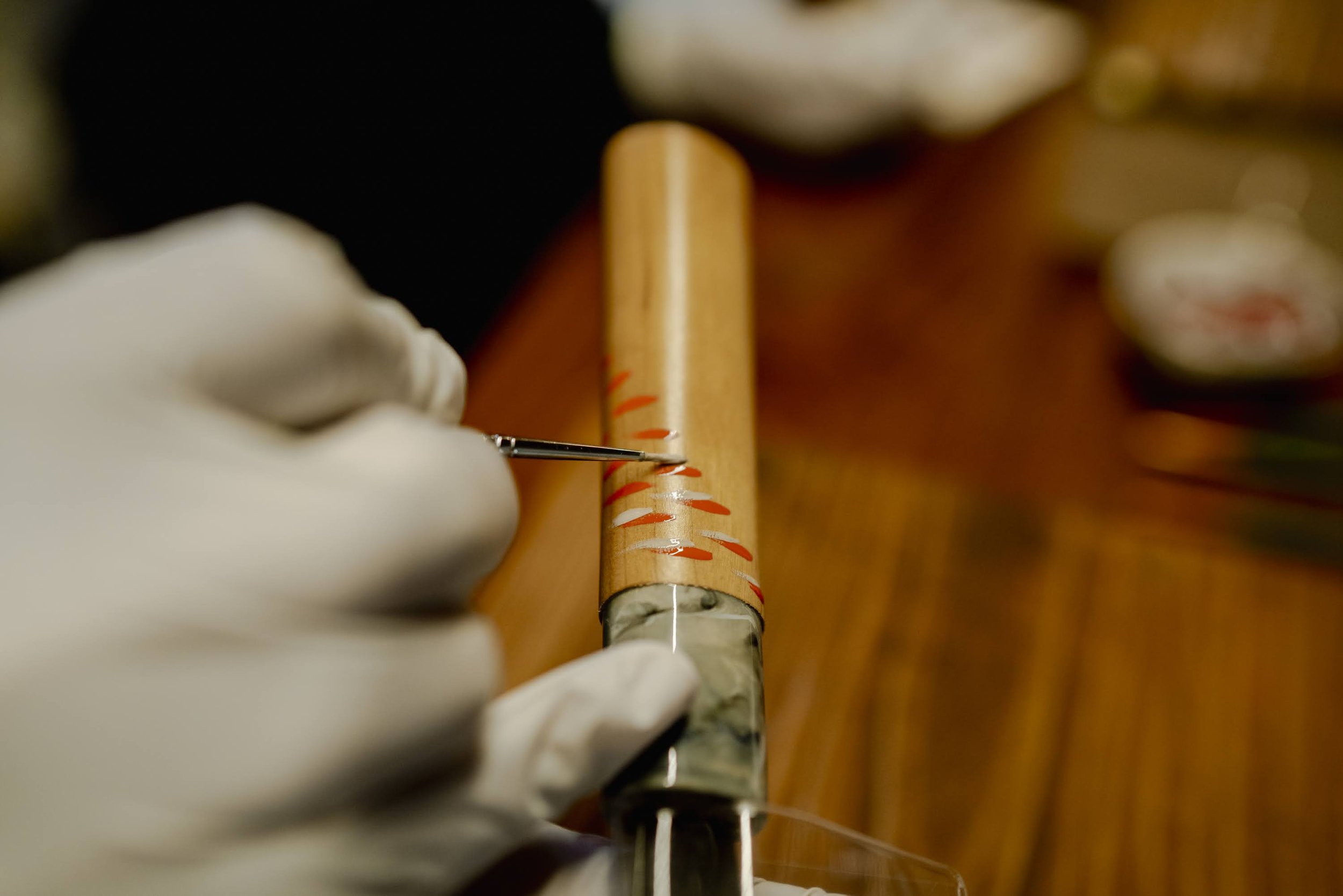
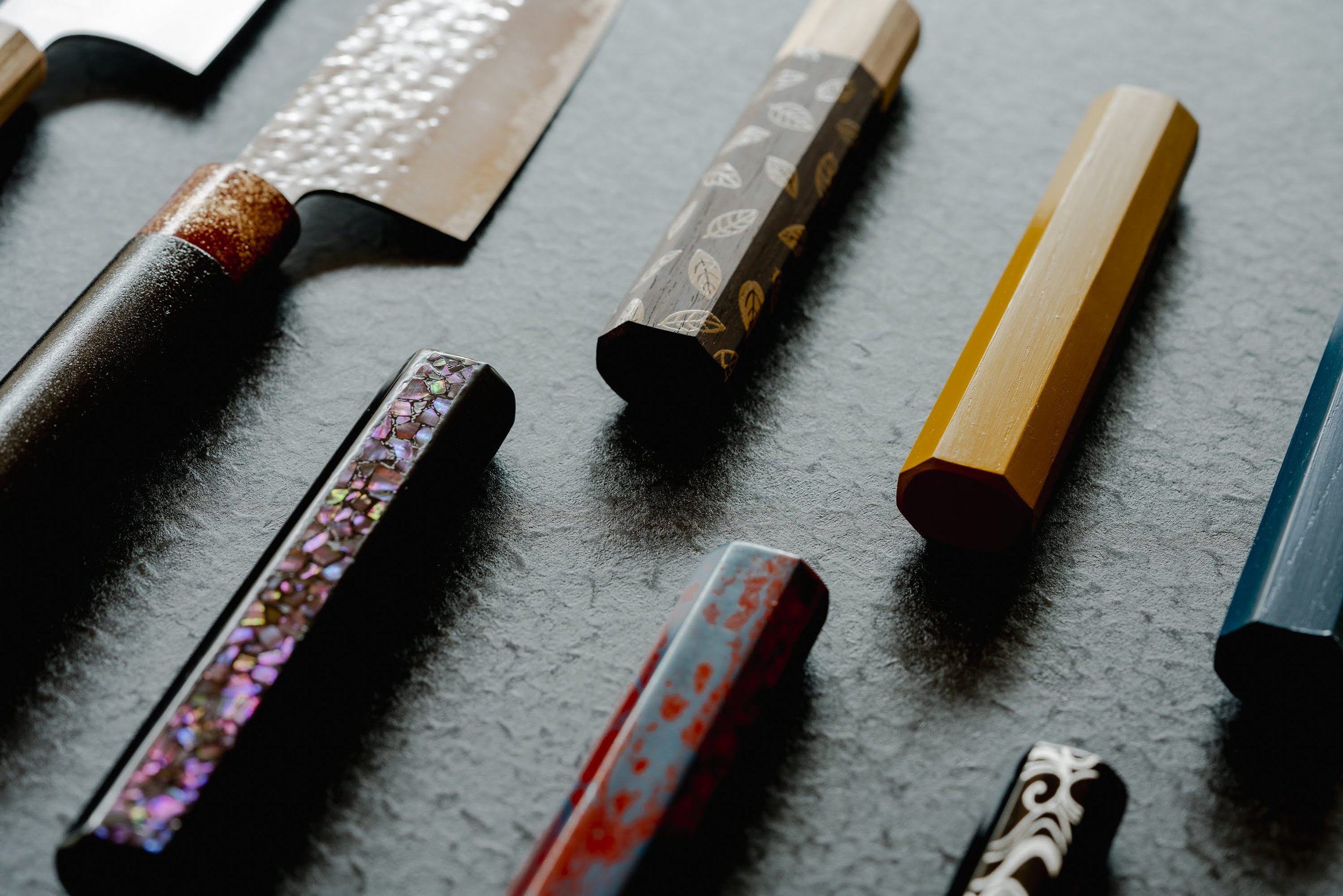
The strength and beauty of Japanese blades are legendary—and Fukui has from ancient times been a center of high-quality steel production. In fact the first artisanal blades to be recognized as a traditional craft heritage by the national government were those made by Echizen smitheries. Hammering away impurities to forge and hone a thing of beauty—here, too, is the very spirit of Zen.
After touring the production process at Takefu Knife Village, you can work with a blade artisan to craft an edge on a knife of your own, polish it on a buff wheel, and hone it to razor sharpness. Next, move to knife handle specialist Etoe where you can select your handle, do the hafting yourself, and decorate the handle with a pattern of your own design, using lacquer. Your finished original knife will be delivered to you a few days later once the lacquer has been properly dried.
Getting to Fukui
BY TRAIN
• 3 hr. 10 min. by train from Tokyo
(transfer to Hokuriku Main Line Limited Express at Kanazawa Sta.)
• 45 min. by direct train from Kanazawa
• 90 min. by direct train from Kyoto
When to Go
• “Training the Zen Spirit in Fukui” is available year-round.
• Dates are subject to availability.
• Hands-on craft workshops are most plentiful in October.

